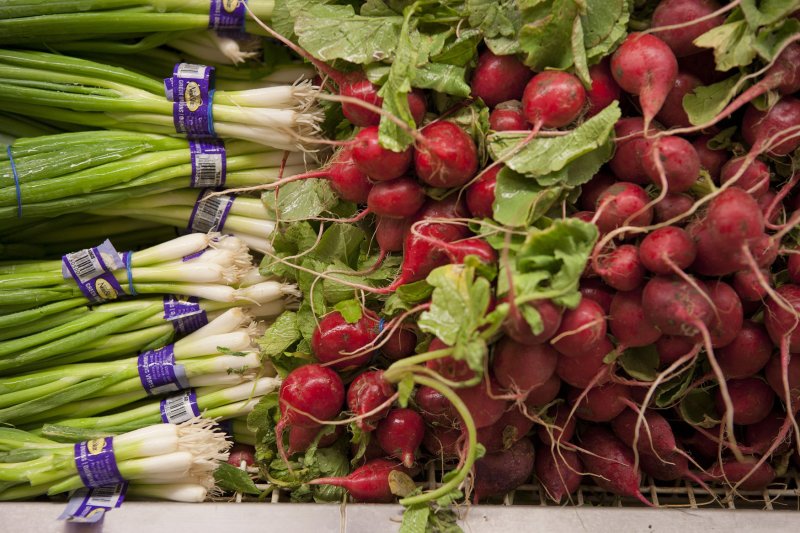SALT LAKE CITY, April 21 (UPI) -- Community gardens produce more than fruit and vegetables; those who participate have better odds of not being overweight or obese, U.S. researchers say.
Lead author Cathleen Zick, professor of family and consumer studies at the University of Utah, said to gauge a health benefit, researchers used body mass index -- a calculation based on a person's height and weight. In general, a normal BMI ranges from 18.5 to 24.9; a smaller number is better than a larger one.















